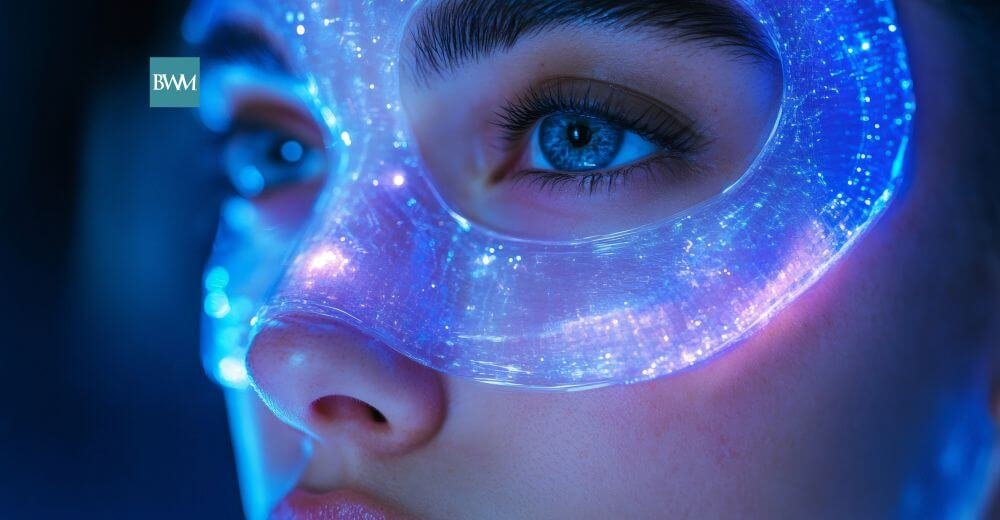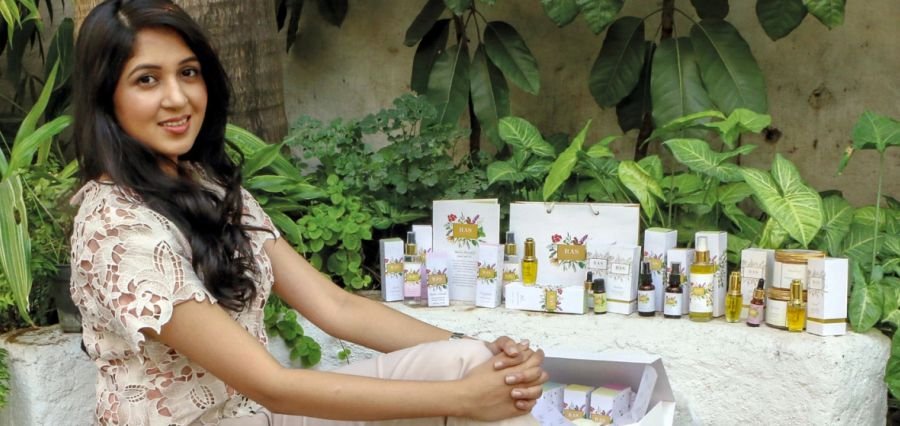The beauty industry is undergoing revolutionary transformation, driven by advances in biotechnology. Advances that can give a new face to skincare & makeup. From personalized skincare to organic makeup, biotech is unlocking the doors to prospects that were until now merely dreams. With consumers ever so more demanding of practical, ethical, and green-friendly products, the integration of advanced biotechnological methods is shaping a new destiny for skincare & makeup.
Personalized Skin Care Based on Genetic Knowledge
The most exciting skin care innovation is possibly the advent of tailor-made products guided by unique genetic makeup. Biotech companies are using DNA profiling to discover the influence of the genes of a person on the characteristics of his skin, such as elasticity, moisture content and proneness to certain skin problems such as acne or premature wrinkles. Such firms can prescribe serums, moisturizers, or treatments depending on the need by sequencing tiny samples.
Microbiome-Based Skin Care Solutions
The health of the skin is reliant on its microbiome: a diverse microbial ecosystem of bacteria, fungi, and more. Biotech breakthroughs have educated us about this fine balance among them, creating microbiome-friendly skincare products. They are designed to feed good bacteria and fight bad bacteria to give the skin a stronger barrier.
Creams, cleansers, and masks enriched with probiotics and prebiotics are gaining more and more popularity, and brands began to use bioengineered strains to solve issues like inflammation or sensitivity. Brands are even going into the Live skincare, where active microbial cultures are imbedded into the product to deliver real time benefit. By ensuring a balanced microbiome, these products offer lasting solutions to conditions such as eczema or rosacea and not quick symptom elimination.
Bioengineered Ingredients for Sustainability
Sustainability is the trend in modern beauty, and biotech is addressing environmental concerns by replacing traditional ingredients with laboratory-grown substitutes. Biotech also revolutionizes makeup with bio-derived pigments and binders. Yeast and algae are bioengineered to produce luxurious, non-toxic colors that rival synthetic dyes without petrochemical reliance. These developments come on the back of a growing demand for chemical-free clean beauty products and environmentally damaging sourcing practices. As it becomes more scalable, bioengineered ingredients can dominate both makeup and skin markets.
3D Bioprinting and Tissue Engineering
The introduction of 3D bioprinting is revolutionizing skincare technology. Researchers are applying the technique to develop artificial skin models for product testing, minimizing animal testing. The models replicate the structure and reaction of human skin, making data more reliable about a product’s safety and effectiveness.
Aside from testing, bioprinting also promises regenerative skincare. Scientists are looking at how to print skin grafts that will incorporate into the body, a solution for burn patients or those with chronic wounds. In cosmetics, this could result in “printed” patches of skin that provide active ingredients directly to problem areas, like under-eye regions prone to dark circles. Though still in its infancy, 3D bioprinting has the potential to revolutionize the way we use both medical and cosmetic skincare.
AI and Biotech Synergy
Artificial intelligence is enhancing biotech’s impact on the beauty industry. AI software analyzes massive databases—genetic profiles and consumer information, as well as everything in between—to decide what ingredients or formulations will perform optimally. This blended influence accelerates product development, allowing companies to bring new-age solutions to market more quickly.
In cosmetics, AI-based technologies are making virtual try-ons possible using facial recognition to suggest colors or finishes appropriate for a user’s skin type and color. Certain platforms even incorporate biotech intelligence, recommending products with bioengineered actives that address the user’s skin health objectives. This smooth integration of AI and biotech makes the customer experience better, rendering beauty regimens easier and more efficient.
Ethical and Regulatory Considerations
As biotech innovations transform makeup and skincare, there are ethical and regulatory issues. Genetic information raises privacy issues, necessitating stringent protection for consumer data. Likewise, bioengineered components will have to pass strict tests for safety to meet worldwide standards. Government agencies are keeping pace with the breakthroughs, but the rate of change requires active cooperation between policymakers, scientists, and business leaders.
Consumer education is crucial as well. Brands will need to explicitly define how biotech-derived products work and what they can do, instilling confidence in a market that’s doubtful of “unnatural” intervention. By pacifying these concerns, the industry will be able to achieve the full potential of biotech without alienating its audience.
Looking Ahead
The future of skincare & makeup lies in the intersection of science, sustainability, and personalization. Not only are biotech advancements enhancing product performance, but also adhering to values like ethics and eco-friendliness. From gene-edited serums to bio-printed skin care solutions, these developments promise an ushering of a stunning world that is as diverse as the individuals it serves. With science evolving and technologies continuing to mature, the coming decade will likely see additional path-breaking innovations, cementing biotech’s status as the bedrock of the beauty industry’s revolution.
Read More: Eco-Friendly Makeup Trends Taking Over





